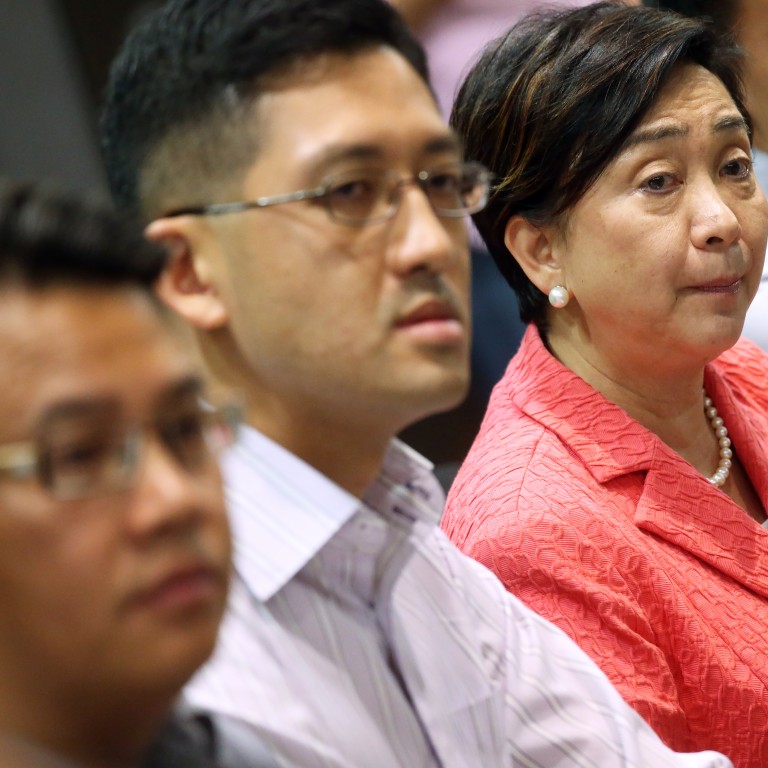
Dialogue will help to bridge the gap
One lunch does not turn foes into friends. But the surprise get-together between Democratic Party leaders and a deputy director of the State Council's Hong Kong and Macau Affairs Office signals a positive step in easing the long-standing political tension.
One lunch does not turn foes into friends. But the surprise get-together between Democratic Party leaders and a deputy director of the State Council's Hong Kong and Macau Affairs Office signals a positive step in easing the long-standing political tension. It is to be hoped that there will be more exchanges between Beijing and parties from across the political spectrum in future.
The lunch was the first of its kind since the Beijing-backed constitutional reform package was voted down by pan-democrats in June. Deputy director Feng Wei first proposed meeting the Democratic Party ahead of the vote, but he was turned down by the party as Beijing had ruled out any concessions to the reform. They agreed to meet again in a Chinese restaurant in Central on Wednesday.
Both sides are to be commended for making efforts to move beyond the previous chapter. Although universal suffrage is no longer high on the agenda, the political divide remains just as deep. It is imperative for Beijing and the pan-democrats to engage each other and help diffuse the tension.
The meeting inevitably fuelled speculation and criticism, not just because there was no prior announcement and other pan-democrats were excluded. It also raised concerns whether it was held with an eye on the district council elections in November. The party suffered a serious setback in the previous polls after it brokered a deal on electoral reform with Beijing's liaison office behind closed doors in 2010.
Whether the talks should have been made known to the party and the public in advance is open to discussion. Given the long-standing divide between Beijing and the pan-democrats, the dialogue might not even have materialised had there been too much pressure and expectation. Party chairwoman Emily Lau Wai-hing said it was important for the party to reflect public views to Beijing directly. The party is right in putting dialogue ahead of its own electoral interests and allies' perception. It also briefed core party members and the media on the outcome the following day.
The gap is unlikely to be bridged in the near future. But it is in the interests of Beijing and the city to continue the dialogue. This is particularly essential as the city is struggling through some troubling times on both the economic and political fronts. Hopefully, there will be more cooperation and less confrontation.

